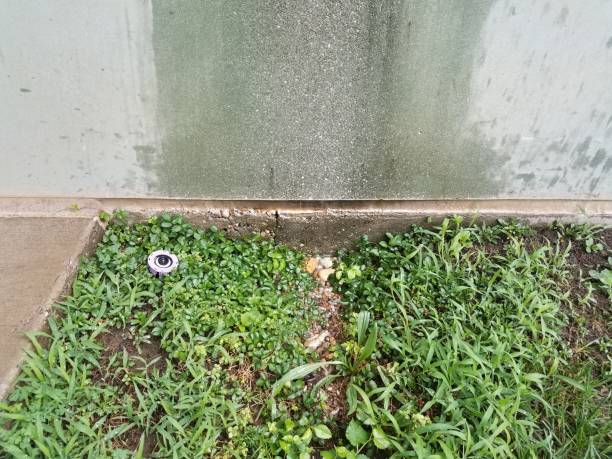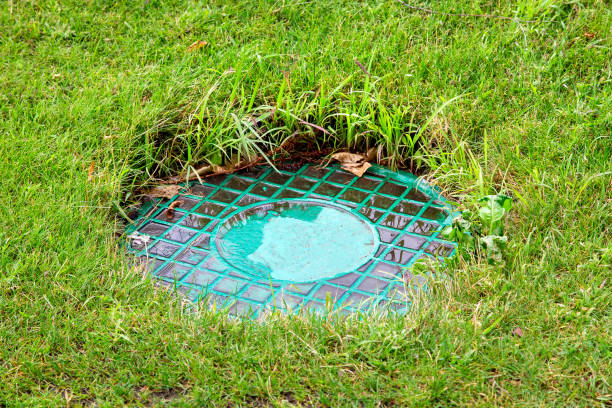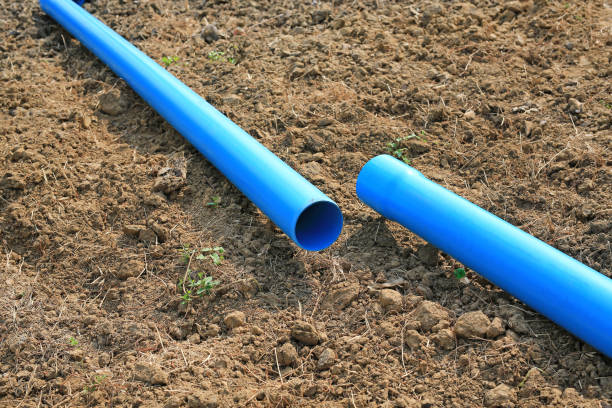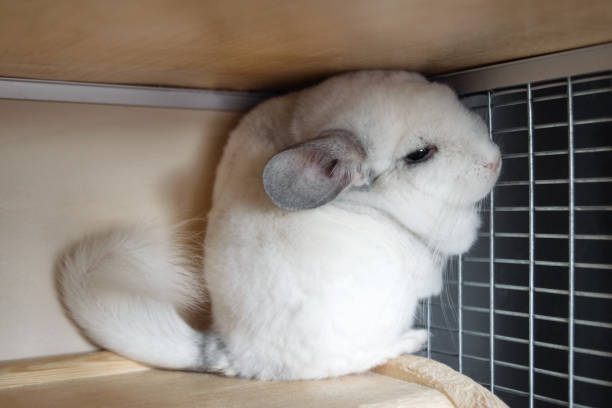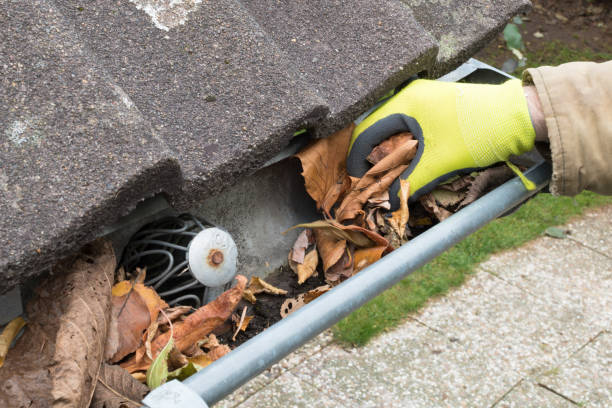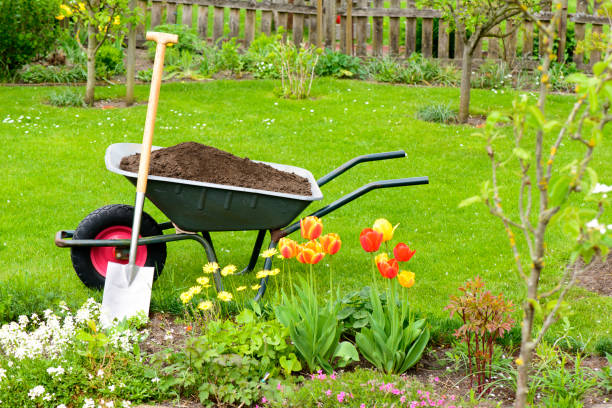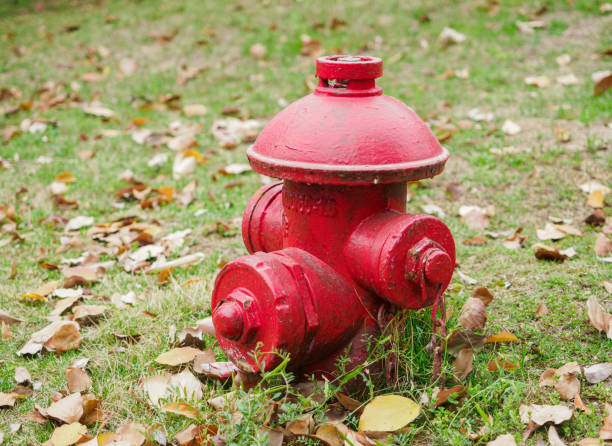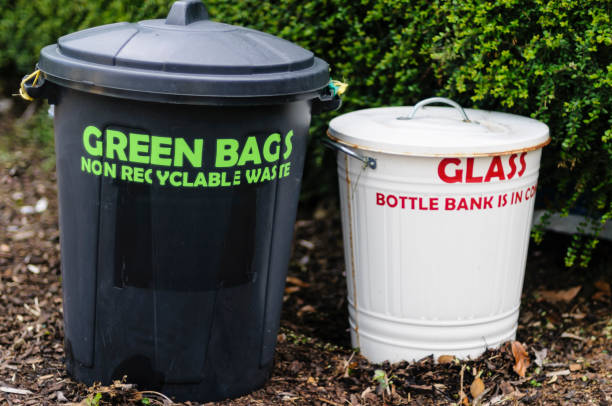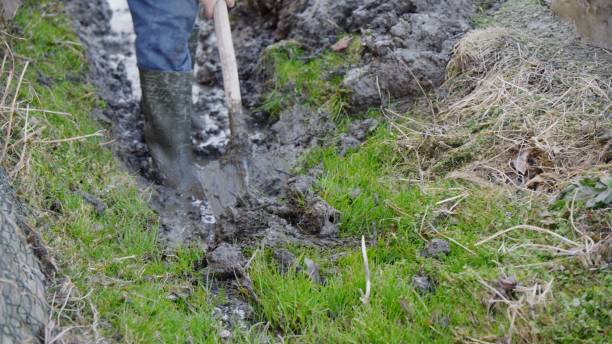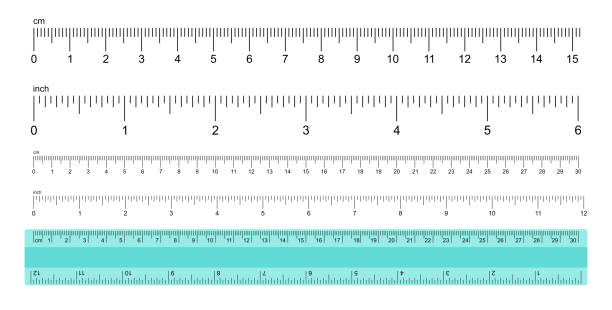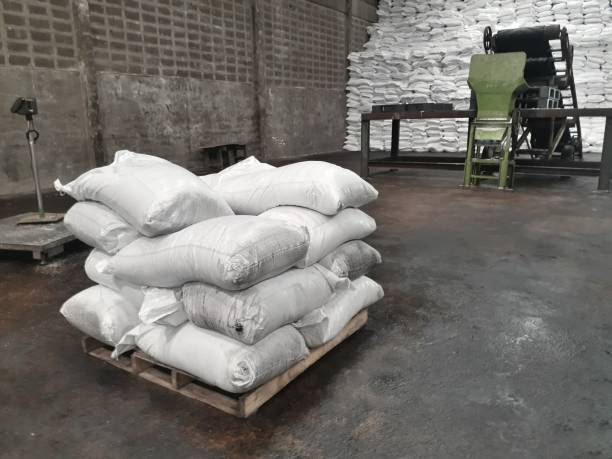How to Get Rid of Sewage Smell in Yard
This post contains affiliate links. This means I will make a commission at no extra cost to you should you click through and make a purchase. Read the full disclosure here.Does your yard have an unpleasant sewage smell that’s making spending time outdoors unbearable? Dealing with a sewage smell in your yard can be a nuisance, but fortunately, there are effective solutions available. In this article, we’ll explore the causes of sewage smell in yards, how to detect it, and most importantly, how to get rid of it. So let’s dive in and find out how you can enjoy a fresh-smelling yard once again.
Introduction
A foul sewage smell in your yard can arise from various sources, such as sewer line issues, damaged pipes, or septic system problems. Ignoring the smell can not only make your outdoor space unpleasant but also indicate potential health hazards. It’s important to take prompt action to identify and eliminate the source of the odor.
Understanding the Causes of Sewage Smell in Yard
Before we can tackle the sewage smell problem, it’s essential to understand its underlying causes. Some common reasons for a sewage smell in your yard include:
- Blocked or clogged sewer lines
- Cracked or damaged sewer pipes
- Improperly maintained septic systems
- Standing water or excessive moisture
- Backflow from the sewage system
Detecting Sewage Smell in Your Yard
Identifying the presence of a sewage smell in your yard is crucial to address the issue effectively. Here are some signs that can help you detect a sewage smell:
- A pungent, rotten-egg-like odor lingering in your outdoor space
- Unusual patches of greener grass or lush vegetation near sewer lines
- Gurgling sounds from drains or toilets
- Sewage backups or slow drainage in sinks and toilets
Common Solutions for Getting Rid of Sewage Smell
Now that we have a better understanding of the causes and detection of sewage smell in yards, let’s explore some effective solutions for eliminating the unpleasant odor.
Cleaning and Clearing the Sewer Lines
One of the primary causes of sewage smell is clogged or blocked sewer lines. Hiring a professional plumber to inspect and clean the lines using specialized equipment can help restore proper flow and eliminate the odor.
Repairing or Replacing Damaged Pipes
Cracked or damaged sewer pipes can allow sewage gases to escape and cause a foul smell. A qualified plumber can identify and repair these issues promptly, ensuring the odor dissipates.
Properly Maintaining Septic Systems
For properties with septic systems, regular maintenance is vital. Pumping and inspecting the septic tank at recommended intervals, typically every 3-5 years, can prevent backups and sewage smells.
Eliminating Standing Water and Moisture
Stagnant water and excessive moisture in your yard can contribute to sewage smells. Ensure proper drainage, fix leaks, and remove any standing water to create a drier environment.
Using Natural Remedies and Deodorizers
Natural remedies like vinegar, baking soda, or activated charcoal can help absorb and neutralize sewage odors. Additionally, commercially available yard deodorizers specifically designed to eliminate sewage smells can be applied as directed.
Professional Help and DIY Options
When dealing with persistent or severe sewage smells, it may be necessary to seek professional assistance. Consider the following options:
Hiring a Professional Plumber
If you’re unable to identify or resolve the sewage smell issue on your own, consulting a professional plumber with experience in sewer line and pipe repairs is advisable. They have the expertise and tools required to diagnose and fix complex problems effectively.
DIY Solutions for Mild Sewage Smells
For mild sewage smells, you can try some DIY solutions before contacting a professional. These include applying natural remedies, checking for visible leaks or damage, and ensuring proper drainage.
Preventive Measures to Avoid Sewage Smell
Prevention is always better than dealing with sewage smells after they occur. Here are some preventive measures you can take:
- Regularly inspect and maintain your sewer lines and pipes
- Schedule routine septic tank pumping and inspections
- Avoid pouring grease or chemicals down drains
- Install drain covers and filters to prevent debris buildup
- Redirect rainwater away from sewer lines
By adopting these preventive measures, you can reduce the likelihood of sewage smells in your yard and enjoy a fresh outdoor environment.
Final Thoughts
Getting rid of sewage smell in your yard is crucial for your comfort and well-being. By understanding the causes, detecting the smell early on, and implementing the appropriate solutions, you can eliminate the odor and create a pleasant outdoor space. Remember to prioritize preventive measures to avoid future sewage smell issues.
FAQs
How does sewage smell get into the yard?
Sewage smell can enter the yard through blocked or damaged sewer lines, cracked pipes, or backflow from the sewage system.
Can a sewage smell in the yard be harmful?
Inhaling sewage odors can pose health risks, as they may contain harmful bacteria and gases. It’s important to address the issue promptly.
Can I use bleach to eliminate sewage smell in my yard?
While bleach can help disinfect certain surfaces, it’s not effective for eliminating sewage smells. It’s best to address the root cause of the odor.
Is it necessary to hire a professional for sewage smell removal?
For persistent or complex sewage smells, hiring a professional plumber is recommended to identify and resolve the underlying issues effectively.
How often should I maintain my septic system to prevent smells?
Septic systems should be pumped and inspected every 3-5 years, or as advised by professionals, to prevent backups and sewage smells.

